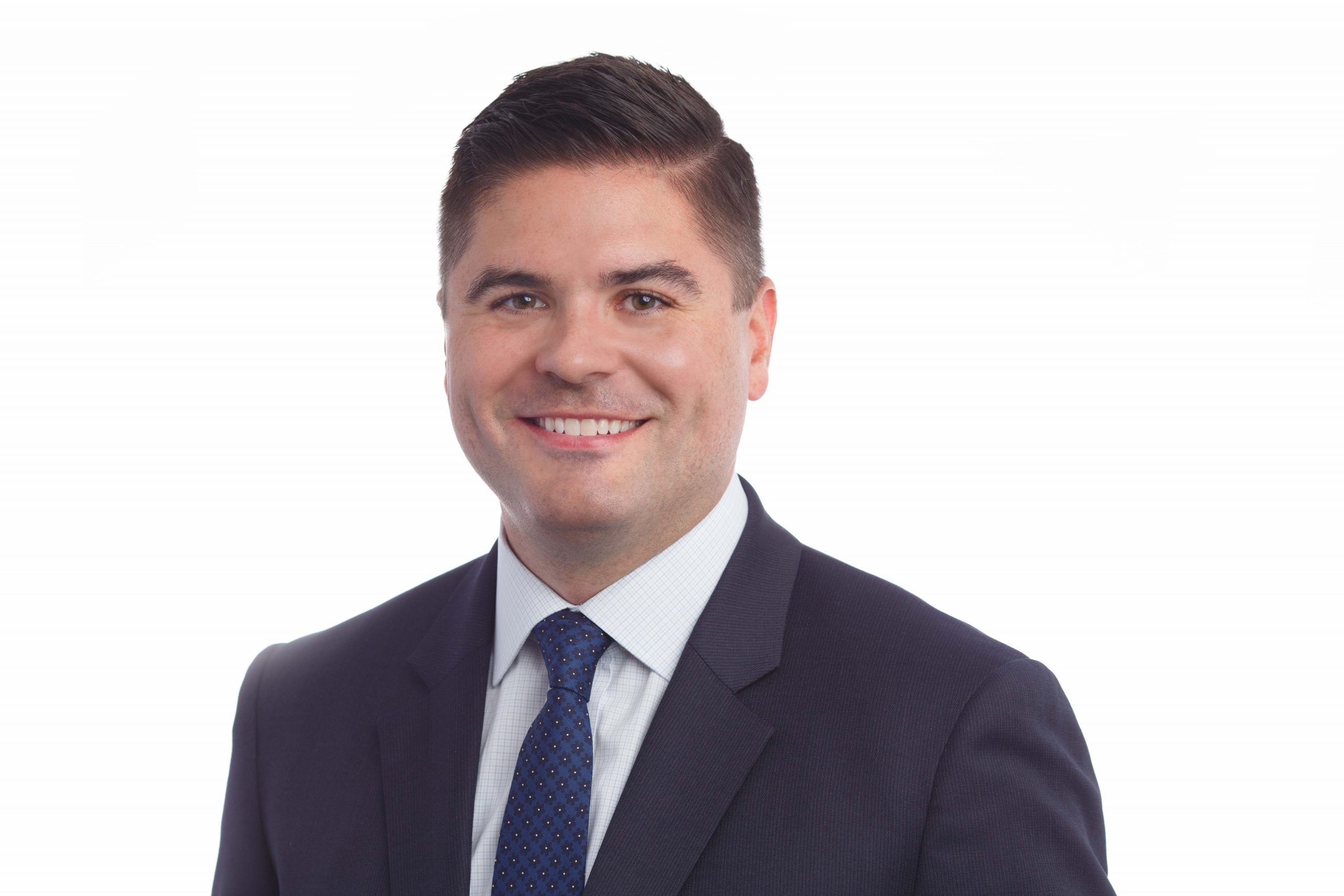London Moves Ahead of New York, Leading the Global Financial Centers Index
| By Fórmate a Fondo | 0 Comentarios

London has moved ahead of New York to reclaim the number one position in the eighteenth Global Financial Centres Index, published by Z/Yen Group and sponsored by the Qatar Financial Centre Authority. This year edition of the Index (GFCI 18) rates 84 financial centers.
This are the top 10

London climbed 12 points in the ratings to lead New York by eight points. The GFCI is on a scale of 1,000 points and a lead of eight is thus fairly insignificant. “We prefer to see London and New York as complimentary rather than purely competitive” says the company. It is noticeable that assessments for London have been higher since the general election in May 2015.
London, New York, Hong Kong, and Singapore remain the four leading global financial centers. New York, in second place is now 33 points ahead of Hong Kong in third. Tokyo, in fifth place, is 25 points behind the leaders.
Western European centersshow signs of recovery. The leading centers in Europe are London, Zurich and Geneva as in GFCI 17 and Frankfurt has moved up into fourth place just ahead of Luxembourg. Of the 29 centers in this region, 23 centers rose in the ratings with Dublin doing particularly well. Liechtenstein appears in the GFCI for the first time and is ranked 60th. Reykjavik continues to reverse some of its recent decline.
Eastern European and Central Asian centers prosper. The leading center in this region is now Warsaw in 38th place, just ahead of Istanbul. The top seven centers all saw an increase in their ratings but the largest decline in this region was St Petersburg.
Twelve of the top 15 Asia/Pacific centers see a rise in their ratings. With the exception of Hong Kong and Singapore, the top Asia/Pacific financial centers have all seen their ratings increase in GFCI 18. Hong Kong, Singapore, Tokyo and Seoul remain in the GFCI Top 10.
All North American centers are up in the ratings. However, due to continuing rise of some Asian centers, San Francisco, Chicago, Boston, Vancouver and Calgary and suffered small declines in the ranks. Toronto remains the leading Canadian center and is now the second North American center behind only New York.
Sao Paulo and Rio de Janeiro rise strongly. Sao Paulo remains the top Latin American center in GFCI 18, and along with Rio de Janeiro, made significant progress n the ratings and rankings. Mexico was the only center that fell in the GFCI ratings. The Cayman Islands and the Bahamas also showed good improvements.
Mark Yeandle, Associate Director at the Z/Yen Group and the author of the GFCI said “Whilst London and New York still lead the field, the next four centers are all Asian.”







